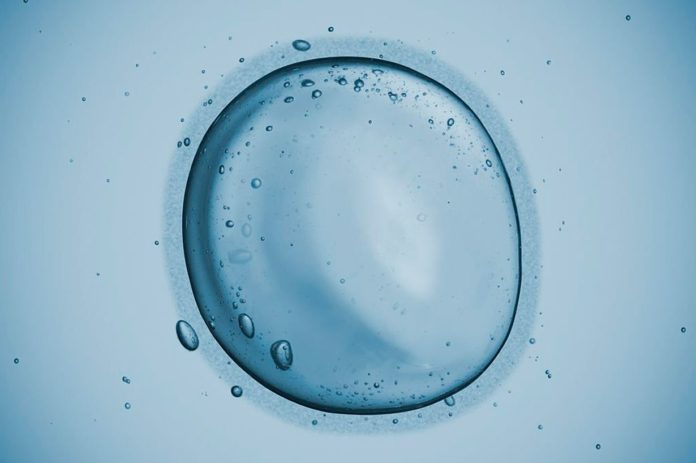A new study published today reveals how oocytes remain healthy and dormant without losing their reproductive capacity for up to 50 years.
A new study from the Centre for Genomic Regulation (CRG) has found that immature human egg cells bypass a basic metabolic step that is thought to be important for the generation of energy.
By adjusting their metabolic activity, the cells prevent the production of reactive oxygen species, which are potentially lethal chemicals that can build up, cause damage to DNA, and result in the death of cells.
The research shows why human egg cells can stay dormant in the ovaries for up to 50 years without losing their ability to reproduce.
People are born with all their egg cells. Humans are the only terrestrial mammals who live the longest, thus egg cells must preserve their immaculate state while avoiding a lifetime of wear and tear.
“We show this problem is solved by skipping a fundamental metabolic reaction that is also the main source of damage for the cell. As a long-term maintenance strategy, its like putting batteries on standby mode.”
The study’s first author, Dr. Aida Rodriguez, describes the findings as being a brand-new paradigm never before observed in animal cells.
During foetal development, human eggs are first generated in the ovaries and undergo various phases of maturation.
Oocytes, or immature egg cells, are put into cellular arrest early in this process and stay inactive in the ovaries for up to 50 years.
Oocytes, like all other eukaryotic cells, include mitochondria, the cell’s powerhouses, which they employ to produce energy during this period of dormancy.
Using a mix of live imaging, proteomic, and biochemical techniques, they discovered that mitochondria in both human and Xenopus oocytes use alternate metabolic pathways to produce energy, which has never been observed in other animal cell types.
A protein and enzyme called complex I is the “gatekeeper” that initiates the reactions that are necessary to produce energy in mitochondria.
This protein is essential because it functions in the cells of all living things, from yeast to blue whales.
But the scientists discovered that complex I is essentially missing in oocytes.
Only the cells that make up the parasitic plant mistletoe are known to be able to live with low complex I levels.
The study’s authors claim that their findings explain why some women with complex I-related mitochondrial diseases, like Leber’s Hereditary Optic Neuropathy, do not have lower fertility than women with diseases affecting other mitochondrial respiratory complexes.
The results could also lead to new ways to help cancer patients keep their ovarian reserves while they are getting treatment.
Complex I inhibitors have been recommended as a cancer treatment in the past. Dr. Elvan Böke, the study’s principal author, notes that if these inhibitors are found to be effective in further research, they may be able to target malignant cells while sparing healthy cells like oocytes.
Oocytes must balance function and longevity, which makes them very distinct from other types of cells.
The researchers want to keep going with this line of inquiry and find out where oocytes get their energy when complex I is not present. One of their goals is to learn how nutrition affects female fertility.
“One in four cases of female infertility are unexplained – pointing to a huge gap of knowledge in our understanding of female reproduction. Our ambition is to discover the strategies (such as the lack of complex I ) oocytes employ to stay healthy for many years in order to find out why these strategies eventually fail with advanced age” ends Dr. Böke.
Image Credit: Getty
You were reading: Human Eggs Can Avoid Decades Of Wear-And-Tear – New Research Reveals How
